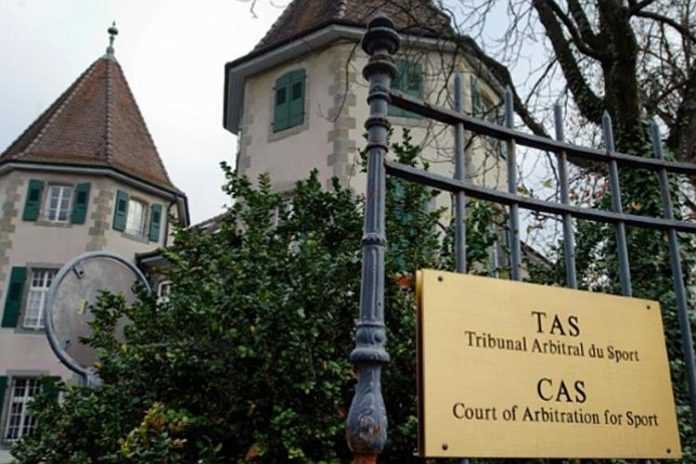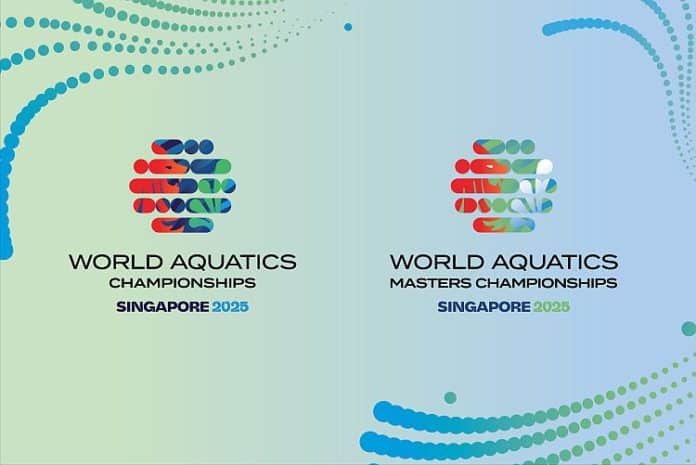★ The Sports Examiner: Chronicling the key competitive, economic and political forces shaping elite sport and the Olympic Movement.★
★ To get the daily Sports Examiner Recap by e-mail: sign up here! ★
≡ COURT OF ARBITRATION FOR SPORT ≡
The International Council of Arbitration for Sport (ICAS) posted their 2024 financial statements, answering the often-asked question about how much of the Court of Arbitration for Sport is paid by the International Olympic Committee.
Total operating revenues were CHF 24.15 million (CHF 1 = $1.26 U.S.):
● 57.1%: CHF 13.78 million paid by the parties
● 32.5% CHF 7.85 million from the IOC
● 10.4% CHF 2.50 million from FIFA
● 0.0%: CHF 0.26 million from other sources
So, the majority of revenues came from filing fees by the parties, and less than a third from the IOC, and a little more than 10% from FIFA.
Why FIFA? In fact, 322 of the 842 ordinary and appeal proceedings at the Court were “employment-related” contractual actions, most of which came from football players or clubs. So, FIFA, as a significant beneficiary of having a single forum in which these disputes can be heard, is a contributor to ICAS.
Costs were primarily arbitration costs (CHF 12.05 million) and personnel (CHF 8.80 million). ICAS had a small operating loss in 2024, but had investment gains and ended the year with a modest surplus. Assets were CHF 61.31 million, with reserves of 9.42 million.
Since 2020, the number of actions at CAS has risen considerably; the record of 609 in 2019 was shattered with 957 in 2020 and 996 in 2021, then less due to the pandemic, and back up to 942 in 2023 and 917 in 2024.
The report’s breakdown of the 917 cases showed:
● 322 on employment-related issues
● 165 on disciplinary issues (81 on doping)
● 155 on contract-related issues
● 49 on eligibility
● 47 on transfer issues
● 45 on governance
● 41 anti-doping procedures
● 40 on training compensation
● 21 Ad Hoc procedures (Olympic Games)
● 19 others
● 13 mediation procedures
Based on the breakdown, it appears that 122 cases (13.3%) were doping-related and more than 458 were related to player-club disputes.
A filer at the Court of Arbitration for Sport has similar costs to filing a lawsuit elsewhere, starting with filing fees for cases of CHF 1,000 and then administrative costs of hearing the case:
● Up to CHF 50,000: CHF 100 to 2,000
● CHF 50,001-100,000: CHF 2,000 + 1.50% above 50,000
● CHF 100,001-500,000: CHF 2,750 + 1.00% above 100,000
● CHF 500,001-1.0 million: CHF 6,750 + 0.60% above 500,000
● CHF 1,000,001-2.5 million: CHF 9,750 + 0.30% above 1,000,000
● CHF 2,500,001-5.0 million: CHF 14,250 + 0.20% above 2,500,000
● CHF 5,000,001-10 million: CHF 19,250 + 0.10% above 5,000,000
● Above CHF 10.0 million: CHF 25,000
In addition, each arbitrator on the cases much be paid, on an hourly basis, which increases based on the value of the case:
● CHF 300 per hour: cases up to CHF 2.5 million
● CHF 350 per hour: cases CHF 2.5+ to 5.0 million
● CHF 400 per hour: cases CHF 5.0+ to 10.0 million
● CHF 450 per hour: cases CHF 10.0+ to 15.0 million
● CHF 500 per hour: cases above CHF 15.0 million
There are also travel and accommodations for arbitrators who have to travel. For the parties, the costs of lawyers to prepare and try the matters is additional, and often not cheap.
While there is significant focus on CAS in the anti-doping sphere, many more of its cases are commercial contract disputes – notably in football – and over significant sums of money. CAS has its detractors, but what it does do well is offer a defined forum for bringing entities into arbitration that may have been difficult to file against anywhere.
¶
★ Receive our exclusive, weekday TSX Recap by e-mail by clicking here.
★ Sign up a friend to receive the TSX Recap by clicking here.
★ Please consider a donation here to keep this site going.
For our updated, 699-event International Sports Calendar for 2025, 2026 and beyond, by date and by sport, click here!
























